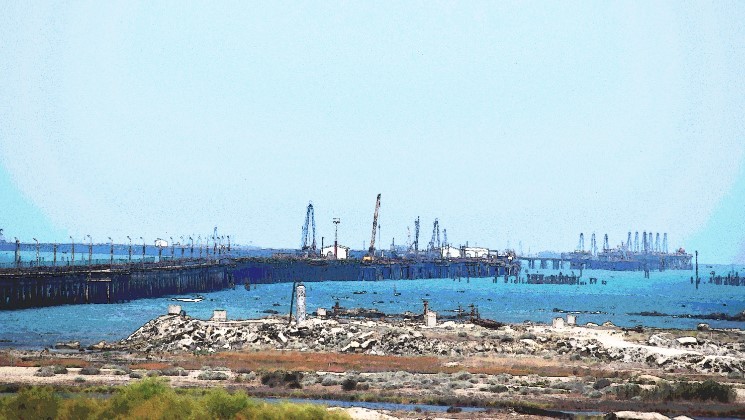Kazakhstan Weighs OPEC+ Exit, Raising Fears of Global Oil Price War
Kazakhstan is reportedly considering a reassessment of its participation in the OPEC+ alliance, raising concerns among major global oil market players, according to Reuters. Reuters columnist Ron Bousso Thomson noted that recent statements from Kazakhstan’s new Minister of Energy, Yerlan Akkenzhenov, emphasized prioritizing national interests over adhering to the cartel's production quotas. In an interview with Reuters, Akkenzhenov said, "Kazakhstan will proceed from its own interests in determining production volumes". Such rhetoric may signal Kazakhstan's de facto refusal to comply with OPEC+ quotas and could mark the first step toward a formal withdrawal from the alliance, which is led by Saudi Arabia. Since 2022, OPEC+ members had agreed to cut output by 5.85 million barrels per day to stabilize prices within a $70-90 per barrel range. Production Growth Despite Restrictions Kazakhstan has consistently exceeded its production limits. In March 2025, the country produced 1.85 million barrels of oil per day, 26% above its established quota of 1.468 million barrels. This surge is attributed to the expanded development of the Tengiz field. Such non-compliance has reportedly irritated Saudi Arabia, which, according to IMF estimates, needs oil prices above $90 per barrel to balance its national budget. In early April, Riyadh responded by slashing oil prices for the Asian market and accelerating production increases, signaling its displeasure toward undisciplined alliance members. Analysts warn that if tensions escalate further, Saudi Arabia could resort to drastic measures, potentially triggering a global price war. The Danger of a Price War The specter of a repeat of 2014, when Saudi Arabia flooded the market to push out U.S. shale producers, looms large. Should OPEC+ collapse, a supply glut could cause oil prices to plummet. Countries with higher production costs, such as Kazakhstan, would be particularly vulnerable to such a scenario. Risks for Kazakhstan's Budget and the Tenge According to analysts, Kazakhstan faces significant fiscal risks. Economist Arman Beisembayev explained that citizens would not immediately feel the impact of a sharp decline in oil prices due to existing contracts, which typically take three to six months to fulfill. However, he cautioned that economic repercussions could begin to surface by the fall. Financial analyst Andrei Chebotarev predicted that falling oil revenues would necessitate a budget revision. The current state budget is based on an oil price of $75 per barrel and an exchange rate of 470 tenge per U.S. dollar. In reality, oil prices are trending toward $65, and the tenge has depreciated to 518 per dollar. “Most likely, the government will increase withdrawals from the National Fund and revise budget expenditures. Devaluation may also become inevitable to balance the budget under new realities,” Beisembayev added. Global Turbulence and Geopolitical Factors Experts highlight that the policies of U.S. President Donald Trump's administration, particularly the escalation of trade conflicts, have played a significant role in destabilizing global markets. Newly imposed U.S. tariffs have already dampened global oil demand. “For developed countries, cheap oil is a boon. But for Kazakhstan, it poses risks and a threat of recession,” Beisembayev added....






